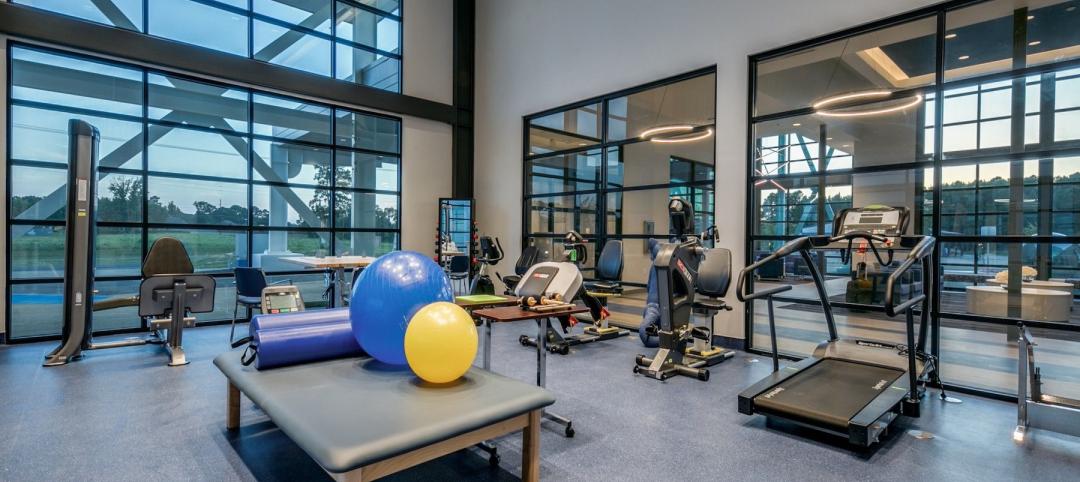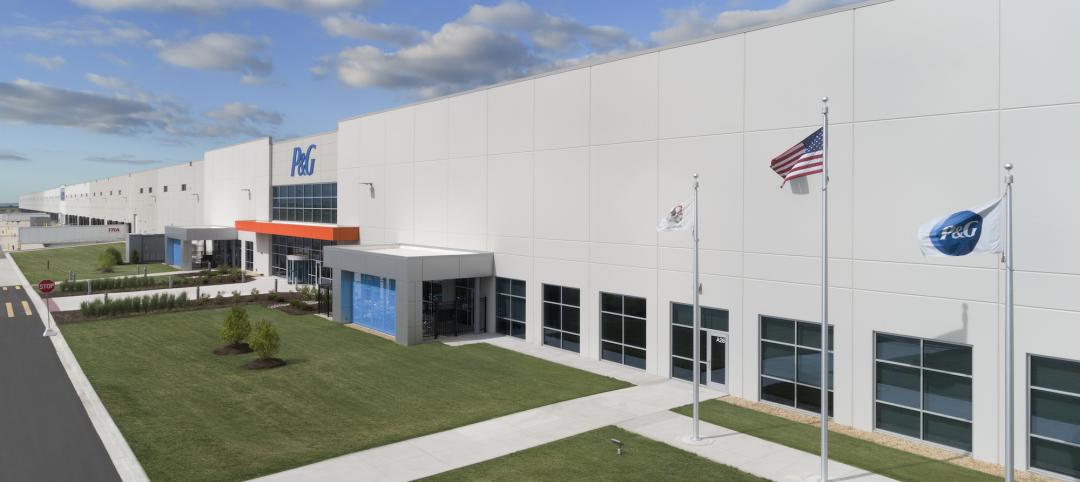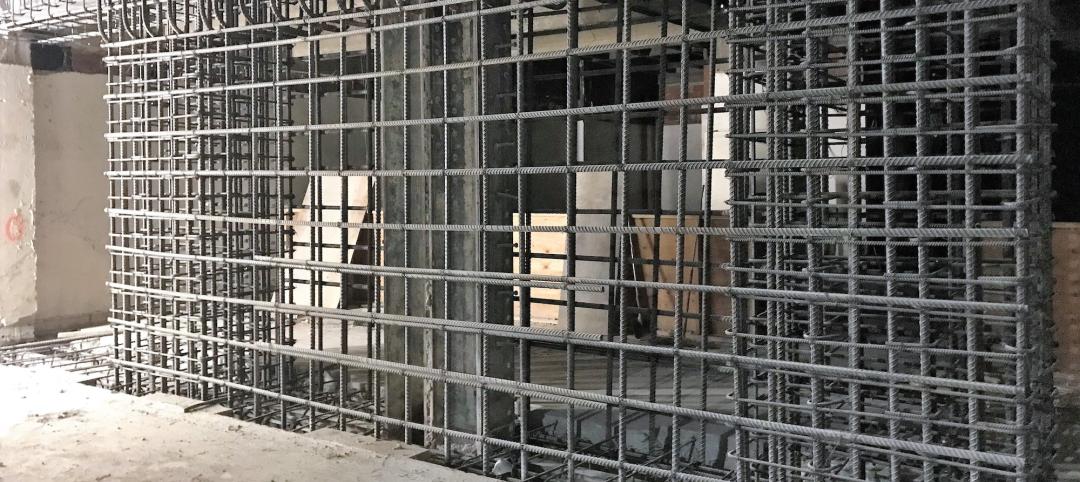Looking back, creating an AEC start-up during the brutal recession of the early 2000’s sounds like the worst timing imaginable. Sounds like a great way to lose everything, a great way to regret chasing a dream, a great way to move back in with your parents. What it doesn’t sound like is the beginning of a success story that defies all logic and luck and proves that 3 people with a big dream can actually become more profitable than they ever imagined. Here’s Ampirical’s incredible story.
Let’s get this straight: Ampirical isn’t just successful—it’s nationally recognized and shattering predictions by growing over 2,000% in revenue in the last seven years.
Ampirical went from three employees to being in the Top 25 of Engineering on Inc. Magazine’s Top 500|5000 fastest growing private companies in just seven years. And they can actually pinpoint why.
Ampirical, By the Numbers:
Staff growth over seven years: From three employees to 77
Percentage staff growth = 2,466%
Engineering revenue in 2006: $391,000
Engineering revenue in 2012: $9,375,000
Revenue growth: 2,297%
Ok, seriously—a comma? Who has a comma in their growth percentage? What is Ampirical doing that makes them so amazing?
First off, their engineering, architectural and surveying work is heralded as a benchmark in the industry and companies from all over the country seek them out for it. No cutting corners there.
But secondly, they prioritize beautifully and their office efficiency is off the charts, so they’re running at maximum billable hours at all times.
For those office management tasks, they credit BillQuick for speeding up their cash flow and helping them “spoil” their regular clients. Here’s how it breaks down:
First They Sped Up Cash Flow
Pamela Flucke, CPA and Controller at Ampirical explains, “BillQuick sped up the invoicing process immensely because all the required information for our workflow is kept in one spot. Previously, we kept time and expense entries in QuickBooks and we had to sync time. Now we’ve eliminated that step entirely. It’s a lot more user-friendly. For example, with QuickBooks, we could only manage to create and send 20-25 invoices a month. Now we’re able to do 100+ a month. It’s grown by leaps and bounds. So as a result our cash flow has improved due to faster cycle time. We typically email instead of manual mail and that saves time too.”
Ampirical credits BQE's BillQuick for speeding up the firm's cash flow.
Then They Managed Budgets Better
Knowing where you stand in regards to the budget is easy when you can automate reporting, Flucke explains. “Project managers are running reports in BillQuick and having them delivered to their email every Monday morning, so instead of having to manually check how many hours they’ve spent so far and how many they have left in their budget, they just know. They’re also starting to manage their employee’s utilization levels with that. They don’t have to think about it—it’s one less thing, since it’s automatically generated.”
They Keep Clients Coming Back
When asked if it helps her juggle clients easier, Pamela laughs, “Yes! And each one wants to see something different on the invoice. We’re up to 20 custom invoices—we’re very accommodating to clients in that way—we like to spoil them. Most of them are repeat clients.”
Here’s How They Made All That Money
While the rest of their staff grew 60% from 2010-2012, and their number of invoices, time sheets and reports grew exponentially, they didn’t have to expand their admin staff. They only added more engineers and specialists to provide even better service, and as a result, their revenue skyrocketed without adding overhead for non-billable staff.
Learn how BillQuick can help you improve your cash flow too.
Read more about Ampirical’s impressive Inc. Top 500|5000 nod here.
Related Stories
Digital Twin | Nov 21, 2022
An inside look at the airport industry's plan to develop a digital twin guidebook
Zoë Fisher, AIA explores how design strategies are changing the way we deliver and design projects in the post-pandemic world.
Healthcare Facilities | Nov 17, 2022
Repetitive, hotel-like design gives wings to rehab hospital chain’s rapid growth
The prototype design for Everest Rehabilitation Hospitals had to be universal enough so it could be replicated to accommodate Everest’s expansion strategy.
Industrial Facilities | Nov 16, 2022
Industrial building sector construction, while healthy, might also be flattening
For all the hoopla about the ecommerce boom and “last mile” order fulfillment driving demand for more warehouse and manufacturing space, construction of industrial buildings actually declined over the past five years, albeit marginally by 2.1% to $27.3 billion in 2022, according to estimates by IBIS World. Still, construction in this sector remains buzzy.
Seismic Design | Nov 16, 2022
SPC-4D: 7 reasons California hospital building owners should act now to meet seismic compliance
Seismic compliance with the applicable California building codes is onerous and disruptive for building owners, especially for a building in the heavily regulated sector of healthcare. Owners of older buildings that house acute care services have a big deadline on the horizon—Jan. 1, 2030, the cutoff date to upgrade their buildings to SPC-4D.
Wood | Nov 16, 2022
5 steps to using mass timber in multifamily housing
A design-assist approach can provide the most effective delivery method for multifamily housing projects using mass timber as the primary building element.
Green | Nov 13, 2022
NREL report: Using photovoltaic modules with longer lifetimes is a better option than recycling
A new report from the U.S. National Renewable Energy Laboratory (NREL) says PV module lifetime extensions should be prioritized over closed-loop recycling to reduce demand for new materials.
Green | Nov 13, 2022
Global building emissions reached record levels in 2021
Carbon-dioxide emissions from building construction and operations hit an all-time high in 2021, according to the most recent data compiled by the Global Alliance for Buildings and Construction.
University Buildings | Nov 13, 2022
University of Washington opens mass timber business school building
Founders Hall at the University of Washington Foster School of Business, the first mass timber building at Seattle campus of Univ. of Washington, was recently completed. The 84,800-sf building creates a new hub for community, entrepreneurship, and innovation, according the project’s design architect LMN Architects.
Giants 400 | Nov 8, 2022
Top 110 Sports Facility Architecture and AE Firms for 2022
Populous, HOK, Gensler, and Perkins and Will top the ranking of the nation's largest sports facility architecture and architecture/engineering (AE) firms for 2022, as reported in Building Design+Construction's 2022 Giants 400 Report.
Giants 400 | Nov 8, 2022
Top 60 Sports Facility Contractors and CM Firms for 2022
AECOM, Mortenson, Clark Group, and Turner Construction top the ranking of the nation's largest sports facility contractors and construction management (CM) firms for 2022, as reported in Building Design+Construction's 2022 Giants 400 Report.


















